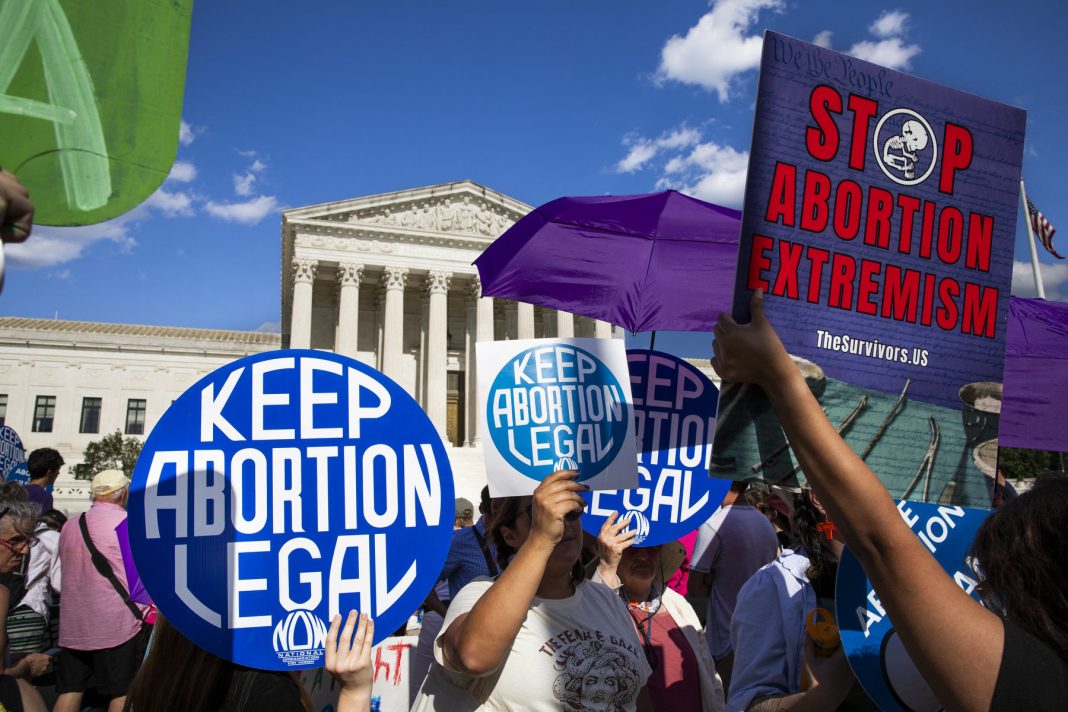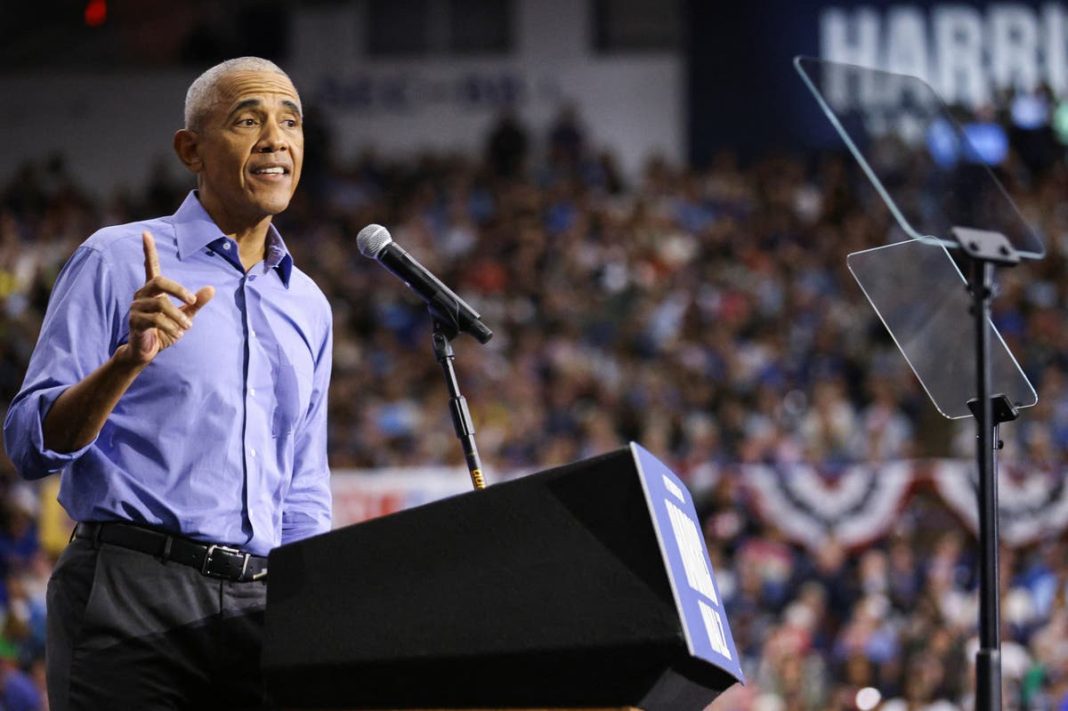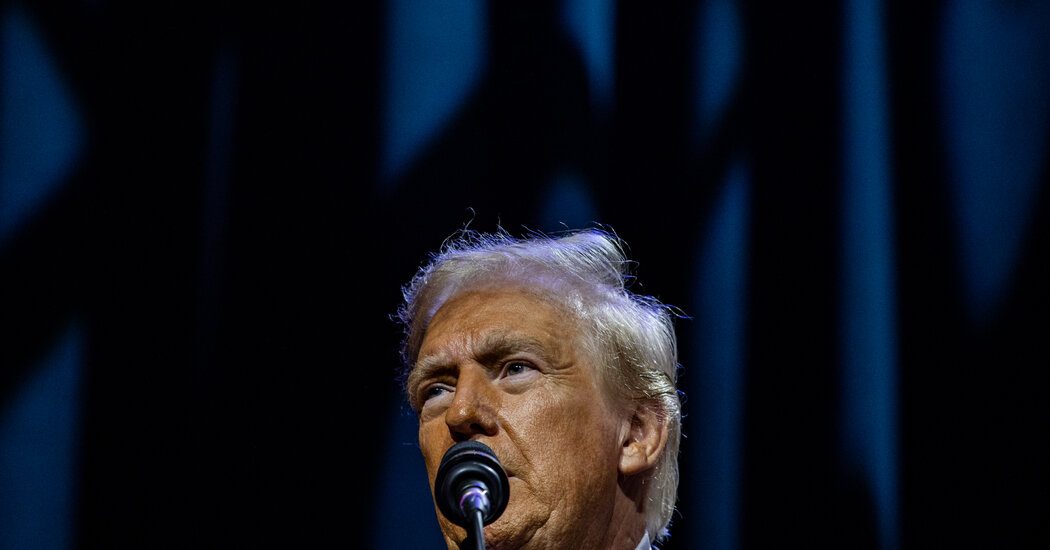Supreme Court’s Decision on Abortion Care in Texas Signals Potential Shift in Presidential Powers
Published: October 11, 2024, 1:25 PM
In a significant ruling this week, the Supreme Court declined to hear an appeal from the Biden administration regarding emergency abortion care in Texas, a decision that could have far-reaching implications for abortion access in the United States. As early voting kicks off in the first presidential election since the overturning of Roe v. Wade, this ruling highlights how the next president may influence abortion rights without the need for new federal legislation.
Texas is one of 13 states with total abortion bans, while four others restrict the procedure after just six weeks—often before many individuals even realize they are pregnant. The Biden administration’s appeal centered on a 1986 law known as EMTALA, which mandates that hospitals provide emergency care, including abortion services, even in states with restrictive laws. However, Texas has contested this interpretation, arguing that its abortion ban should take precedence.
The Supreme Court’s refusal to intervene means that a lower court’s ruling will remain in effect, allowing Texas hospitals to deny emergency abortions in cases that might conflict with state law. This decision could also set a precedent affecting similar cases in Louisiana and Mississippi, which fall under the jurisdiction of the 5th U.S. Circuit Court of Appeals.
As the presidential race heats up, Democratic nominee Kamala Harris is making the restoration of Roe v. Wade a central theme of her campaign against Republican nominee Donald Trump. Polls indicate that abortion is becoming a key issue for voters, particularly among women under 45 and in battleground states, rivaling concerns about the economy.
Trump, who previously solidified the conservative majority on the Supreme Court that led to the Dobbs v. Jackson Women’s Health Organization decision, has been vague about his plans for abortion policy. He has stated that he believes the issue should be left to the states and has claimed he would not support a federal abortion ban. However, he has not elaborated on how his administration would handle the complexities of abortion access through federal agency rulemaking or legal challenges to state bans.
Vice President Harris has been vocal about the implications of the Supreme Court’s decision, asserting that Trump is responsible for the current healthcare crisis surrounding abortion. “I will never stop fighting for a woman’s right to emergency medical care,” she stated on social media shortly after the ruling.
The Biden administration’s legal battles over EMTALA illustrate how a president can influence abortion access beyond mere legislation. Following the Dobbs decision, the Department of Health and Human Services issued guidance asserting that states with abortion bans could not enforce provisions conflicting with EMTALA. This guidance faced challenges from states like Texas, leading to a federal trial that ultimately sided with the state. The Biden administration’s appeal to the Supreme Court was an attempt to clarify the law, but the court’s refusal to hear the case leaves the issue unresolved.
Looking ahead, the potential for a Trump administration raises questions about how abortion access would be managed. Trump’s campaign has not provided specific policies regarding reproductive health care, but a conservative agenda outlined in "Project 2025" suggests a significant shift in federal abortion policy. This plan, developed by former Trump administration officials, includes proposals to rebrand the Department of Health and Human Services as the “Department of Life” and to rescind the Biden administration’s EMTALA guidance.
Experts predict that if Trump wins the election, his administration would likely move quickly to overturn the current interpretation of EMTALA, potentially eliminating protections for emergency abortions in states with bans. This could lead to a patchwork of access across the country, depending on state laws and the outcomes of future legal challenges.
As the election approaches, the stakes for abortion rights have never been higher. Voters are urged to consider how their choices at the polls could shape the future of reproductive healthcare in America. For those looking to check their voter registration status or learn more about registering to vote, resources are available by texting "19thnews" to 26797.
In this pivotal moment, the intersection of law, healthcare, and politics is more crucial than ever, and the upcoming election may determine the trajectory of abortion access for years to come.



